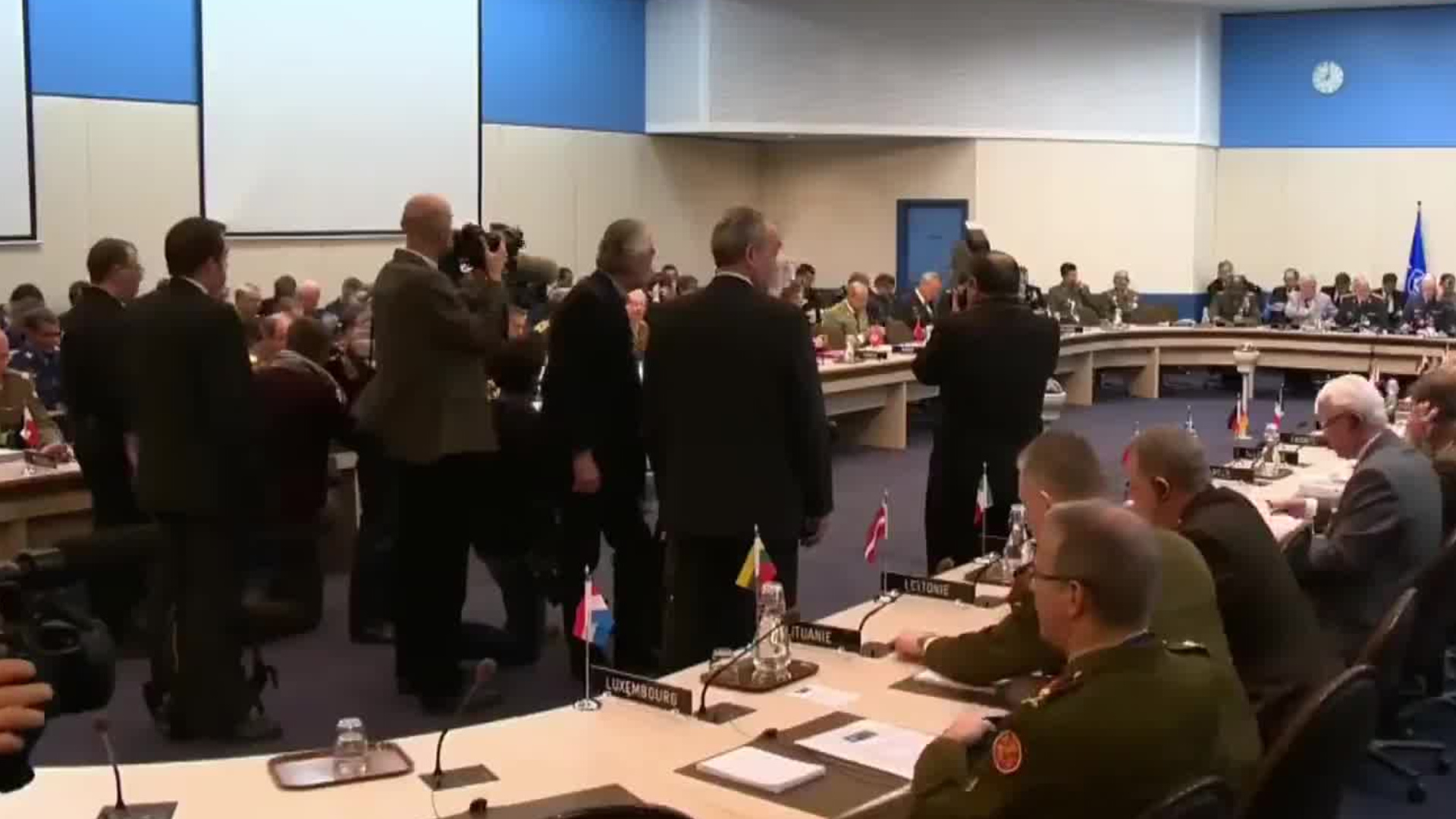
The EU and NATO member and other countries in the region have ramped up defence spending and training since Moscow’s troops invaded Ukraine in 2022, on fears that Russia could target them next.
“Withdrawal from the Ottawa Convention will give our armed forces room for manoeuvre in the event of a military threat to use all possible means to defend our citizens,” Inara Murniece, chair of parliament’s foreign affairs committee, said in a statement.
Lawmakers approved the treaty exit by a large margin, and the decision will come into effect six months after Latvia formally notifies the United Nations.
More than 160 countries and territories are signatories to the Ottawa Convention, including Ukraine but not the United States or Russia.
The treaty bans signatories from acquiring, producing, stockpiling or using anti-personnel mines, which are designed to be buried or hidden on the ground.
They often mutilate victims, who are not immediately killed, and aid groups denounce their long-term impact on civilians who can stumble upon the mines long after a conflict ends.
Last month, Latvia and fellow Baltic states Estonia and Lithuania, as well as Poland, announced their plans to renounce the treaty.
“In light of this unstable security environment marked by Russia’s aggression… it is essential to evaluate all measures to strengthen our deterrence and defence capabilities,” their defence ministers said in a joint statement.
– ‘Dangerous setback’ –
Despite the withdrawal, the four countries pledged to “remain committed to international humanitarian law, including the protection of civilians during an armed conflict”.
Finland also announced this month that it planned to withdraw from the treaty.
The International Committee of the Red Cross called the decisions announced by the five countries “a dangerous setback for the protection of civilians in armed conflict”.
In the three decades of the treaty’s existence, the number of people killed or maimed by landmines went from 25,000 to below 5,800 in 2023, and millions of landmines destroyed worldwide, according to the Landmine Monitor group.
Latvian analyst Maris Andzans said the decision had the public’s backing.
“Society is supportive and I have not noticed any debate about humanitarian issues,” Andzans, director of the Center for Geopolitical Studies Riga think tank, told AFP.
“The debate was that they (mines) would only be placed if there was a serious reason to believe that Russia” would attack, he said.
Latvia is the first of the five countries to quit the Ottawa Convention.
Lithuania last month quit another treaty banning cluster bombs, also citing security concerns over the threat from Moscow. The move sparked outrage from human rights watchdogs.
bur-amj/js
© Agence France-Presse





